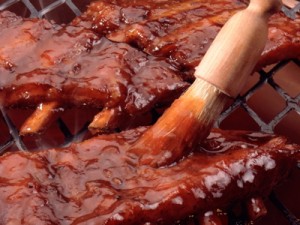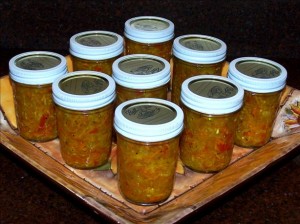Before you gag from the title of this blog, let me explain that my pets growing up included a pig, a few dozen rabbits, some ducks, a few hamsters, an occasional cat, a dog, a calf and a guinea pig. I’ll let your imagination tell you which ones I ate and witch ones I didn’t. But why should eating pets be such a bad thing?
If anything is out of whack, it’s that we’ve manipulated animal breeding, not that we eat them. What’s worse? Eating domesticated animals or breeding them to belch methane into old age and die a pointless life? There’s a chin scratcher.
Natives to North America, First Peoples if you will, knew that we should have a healthy connection with the food we eat, sometimes even asking the noble beasts permission to extinguish their souls. Now whacking a domesticated pet in the head as it stares up at you with trusting eyes might not be quite the same as hunting a noble beast, but none the less, it’s good to have an intimate connection with our food.
On that note, let’s take another lesson in sustainability from the redneck play book of life.


